Enlisting an army of alter egos, Adams used the Boston press to make the case for American independence and to orchestrate a burgeoning rebellion.
-
May 2023
Volume68Issue3
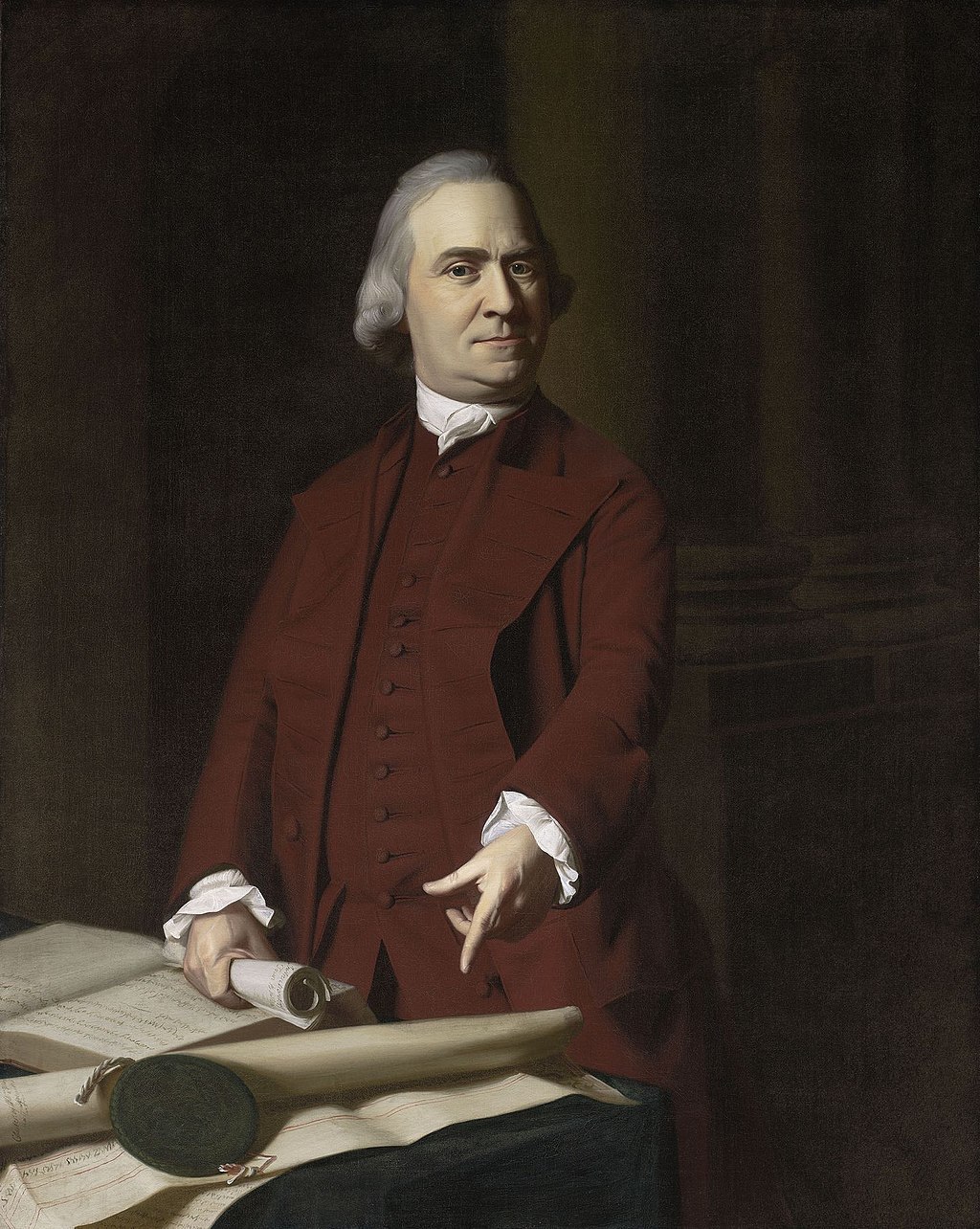
Editor's Note: A Pulitzer Prize winner, Stacy Schiff is the author of, among other books, A Great Improvisation: Franklin, France, and the Birth of America, for which she won the George Washington Book Prize, Cleopatra: A Life, and The Witches: Salem: 1692. Her most recent book is The Revolutionary: Samuel Adams, from which the following is an excerpt.
In June of 1774, Thomas Hutchinson, newly replaced as governor of the Province of Massachusetts Bay, met in London with King George III. Though not himself in favor of British taxation of her colonies, Hutchinson had reluctantly supported London’s policies. Six months later, protestors in Boston, inspired by the brilliant Samuel Adams and others, boarded three ships in Boston Harbor and hurled 342 chests of East India tea into the water. In response, Parliament passed the Intolerable Acts, closing Boston’s port until the town reimbursed the cost of the destroyed property. Governor Hutchinson was loathed by many in Boston for his staunch support of the imperial position and his disregard for his increasingly disenchanted fellow Bostonians.
Though Hutchinson told King George that Samuel Adams had been the first American to embrace independence, there is no evidence for that claim. Samuel lamented that the mother country proved so careless with colonial affections. He made every attempt to acquaint London with the temper of his fellow colonists. He knew well that a rupture was possible, different from advocating for one. Adams balked at invented tales of insurrection, as he did at the word "independency." He warned of self-fulfilling prophecies. He appears to have moved gradually from redress to revolt, making an art in between of resistance, enlisting men, women, and children, co-opting institutions, deploying boycotts and false reports, shaming and stigmatizing. The relentless cannonade he helped to orchestrate in the press was not the kind of shelling for which the British troops sent to Boston had prepared. Adams resorted to a few tried and true techniques, as well. His household included a formidable dog, a highly intelligent Newfoundland named Queue. Adams trained him to bite any redcoat that crossed his path. Queue bore the battle scars on his shaggy pelt.
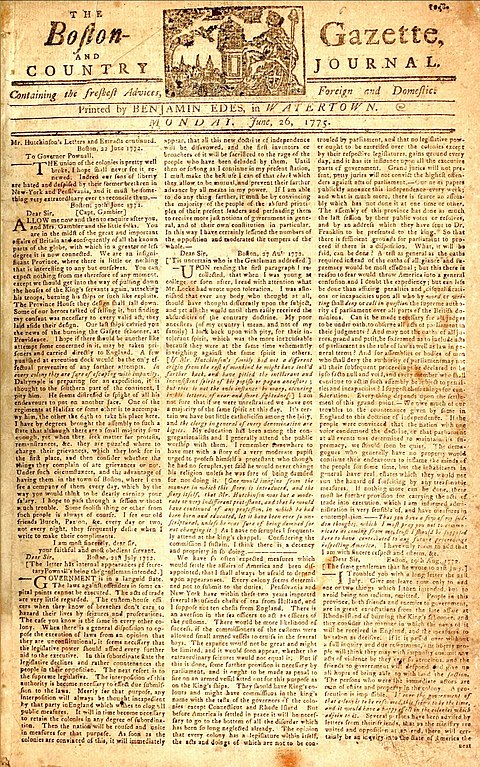
Enlisting an army of alter egos, Adams took the quarrel to paper. In the feather bed on Purchase Street, the world hushed all around, his wife Betsy fell asleep to "the incessant motion of the pen in the next room." She could just make out her husband in the glow of candlelight surrounding his desk. A friend who regularly passed the household after midnight looked to the light in the second-floor window. No matter the hour, he assured himself that "Samuel Adams was hard at work writing against the Tories." Adams scratched out paragraph after paragraph, losing track of time, until he heard the watchman outside. In swift, unedited bursts, the pages flew from his pen. One is left with the impression of a sleepless man, flooding the zone. Words came easily to Adams, who could churn a small grievance into an unpardonable insult before others had arrived at the end of a sentence. He was most at ease on paper. Here, he and his moment embraced. It was a golden age for the printed word; with six Boston papers, New England dominated the news. Adams did not think in terms of pamphlets, looking instead to the Gazette, published every Monday. Instinctively, he grasped what Tocqueville was to articulate several generations later and would remain true for many more: when you mean to rally a group of people to a common cause, your best friend is the newspaper, "the only way of being able to place the same thought at the same moment into a thousand minds."
It helped that the Gazette was the most widely read paper in and out of Boston; at least eleven other publications reprinted its pieces. As committed to ordinary citizens understanding their rights as to delivering up hair-raising accounts from an occupied town, Adams had no rival as a contributor. Tireless, he employed an assortment of pseudonyms, most with distinct agendas. As Candidus, he launched ad hominem attacks on customs officials, newly returned to town. As Vindex, he icily thanked them for having invited troops. A military force might elsewhere separate men from their senses, but it would "never awe a sensible American tamely to surrender his liberty." Adams was Populus when defending freedom of the press; TZ when disputing taxation with a writer in another paper; Shippen when inveighing against British bad faith. It was just as likely, Shippen pointed out, that loyal subjects of the king "intended to bring on an insurrection" as it was that a military force "secretly intended to introduce a general massacre." Critics reported the continent to be on the eve of rebellion. Vindex challenged anyone to prove it. Boston had demonstrated only "unspotted loyalty to their sovereign." In myriad ways and in any number of guises, Adams asked the same question: Are we—or is someone else—in charge of our destiny?
Through 1769, he adopted a new pseudonym at a regular rate of about one a month, molting, between February and May, from “EA” to “Urbanus" to "A Layman" to "A Bostonian" to "A Tory." He was not above a bit of expert character assassination, conducted, for reasons lost to us, as "Alfred." He was "EA" when, five months after the arrival of troops, he offered a little Blackstone-citing history lesson. Not only did English subjects enjoy the right to petition their king for redress; they enjoyed the right to possess and employ arms for self-defense. What cynic had transformed a basic constitutional right into “a secret intention to oppose the landing of the King's troops"? He was "A Bostonian" when defending the town against the unfounded claim that it was without government. As "A Tory," he offered an acerbic note of congratulations to Sir Francis Bernard, the governor, for being named a baronet, an honor partly bestowed to bolster Bernard's stature in America. The news arrived a month after the town petitioned for his removal, an effort that proved unnecessary. Two days before Adams took his swipe at the newly minted Baronet of Nettleham, Bernard read the happy news: rerouted from Virginia, he was to return to London.
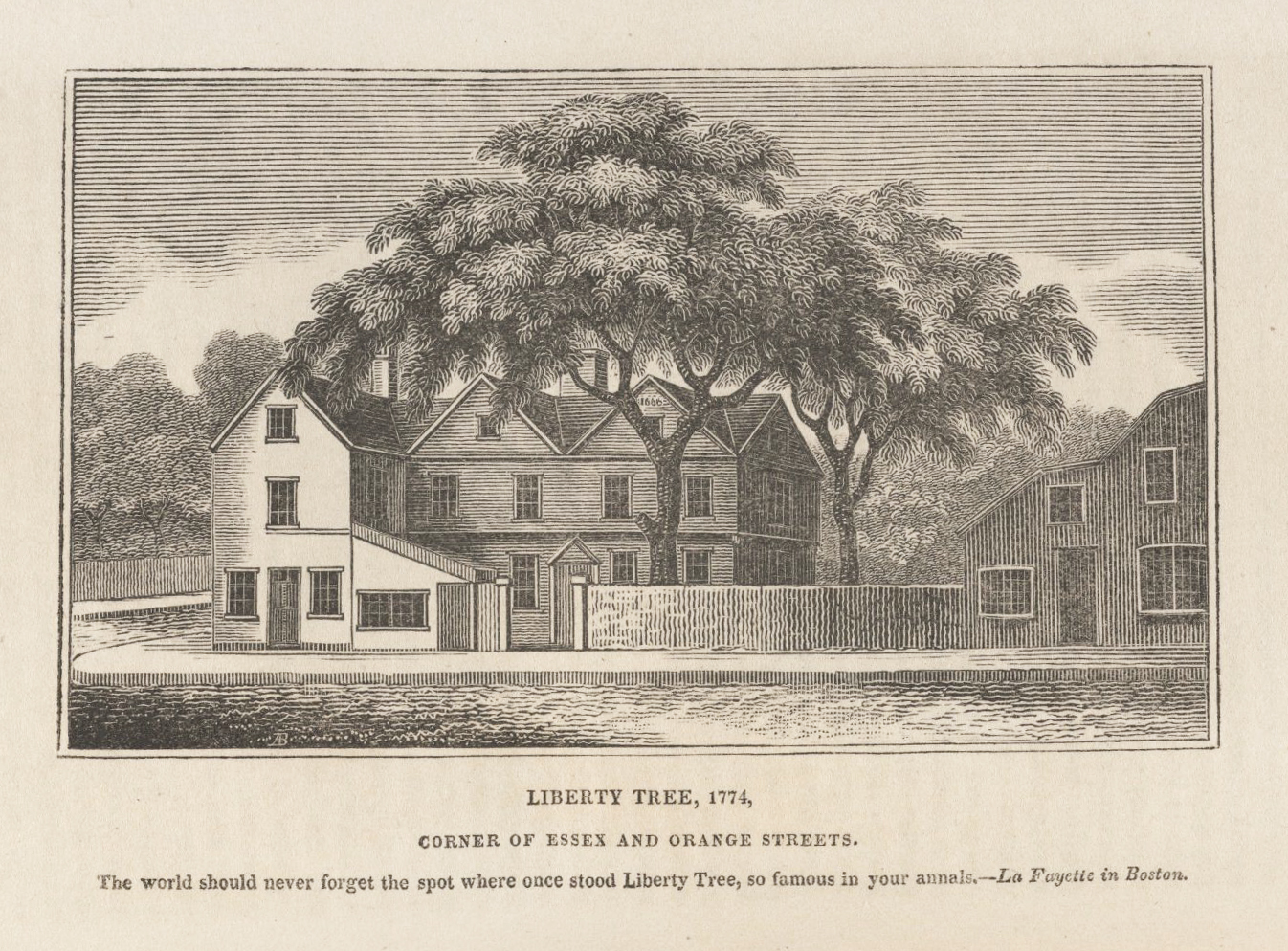
Pseudonyms were the style of the day, Boston's version of a masked ball. They skewed classical. If you read only the essays in the papers, you might reasonably conclude that ancient Romans peopled eighteenth-century New England. The pseudonyms conferred a seal of intellectual approval; it was difficult to argue with Cato, Cicero, and Sallust. Adams did not overthink his alternate names, resorting neither to the waggishness of Benjamin Franklin nor the faux-rustic cadences of John Adams. He left it to someone else to sign himself "Locke." He never attempted a female disguise.
He rarely engaged in the petty tugs-of-war that left "Whole Truth" one-upping "Plain Truth." At times, he opted not to sign a piece at all. (The 1769 essay that inquired whether guards would soon turn up before church doors, to prevent mobbing when services let out, was anonymous.) He seemed most naturally to inhabit Vindex and Candidus, the two longest-lived alter egos, one a Roman governor who rebelled against Nero, the other a second-century Roman general. On at least one occasion, Vindex wrote about Samuel Adams in the third person. Adams recruited Candidus to warn that "It is dangerous to be silent." In 1770, he would add "A Chatterer," "Valerius Poplicolo," "An American," "A Son of Liberty," and "Cotton Mather" to the repertoire.
He was not above recycling, especially when it came to noting that a few well-placed men in America seemed intent on "having their own prophecies fulfilled, their misrepresentations successful, and their malevolence gratified.” Vindex and Shippen borrowed most liberally from the Journal of Occurrences. In the last weeks of 1768, Adams published at least eight pieces over three different signatures. There would be no fewer than thirty pseudonyms in all.
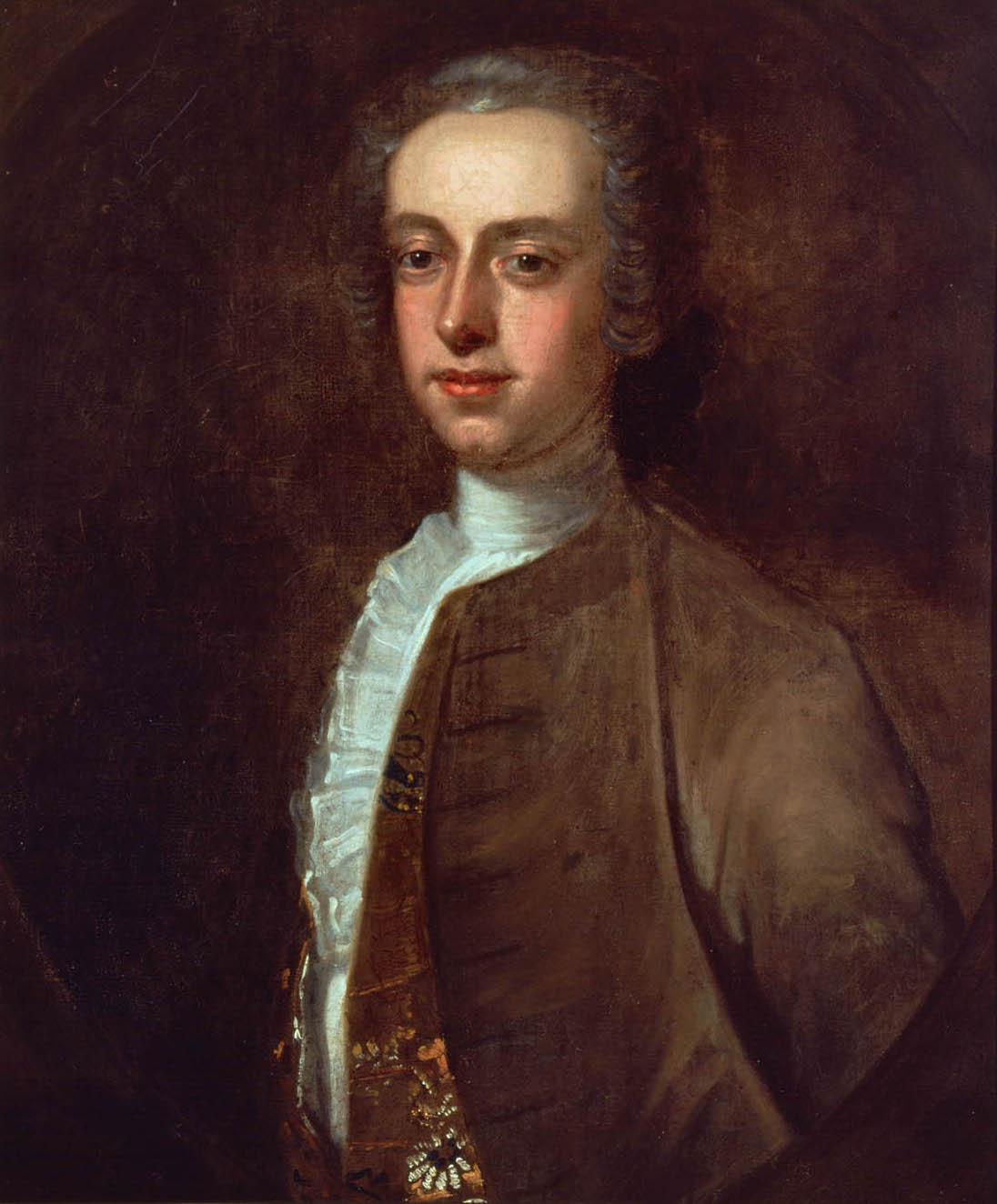
The impersonations allowed him to stretch the truth in various directions. Without fear of reprisal, he could audition ideas and venture out on limbs. He could provoke, contradict, and disavow. The masquerade suggested, too, that discontent was general. Adams spoke not only for the community but as one. He seemed single-handedly to populate the "union of writers" he had proposed after the Stamp Act. He appeared on the same day under different names in different papers; in 1773, he quite literally ran the gamut from "A" to "Z." The Massachusetts Spy might print a "Letter from the Country” by an author who, though "situated at a great distance," was eager to register his solidarity with Boston. Its author, in town, was Samuel Adams. He joined an infectious optimism with vivid descriptions of the evils at hand, issuing regular reminders of virtue and anthems to liberty. There were dissonant chords and mini-fugues. A one-man multitude, he could be silken, glowering, stabbing, melodramatic.
Adams had plenty of company in the pages of the Gazette, which printed nearly as much political material as the Virginia Gazette and the New York Journal combined. It found an eager audience. To Hutchinson's dismay, seven-eighths of Boston read nothing but that "infamous paper." It set the temper of the town. The Crown's auditor in Boston, Andrew Oliver, cursed its influence; if a reader did not share the convictions of the odious publication before he picked it up, he was a convert afterward. Adams spent his Sunday evenings setting type with the Gazette's printers, an arduous labor conducted amid noxious fumes and below rafters tented with wet pages. Newspapering was far from a gentleman's profession. It could take an eye-straining day and most of a night, and copious quantities of beer, to produce four sheets. Poorly printed and expensive though they were, the papers were read aloud and passed enthusiastically from hand to hand, by men and women. You might head out to your neighbor's after dark to borrow his copy, or pick one up at the tavern.
How easily did Boston penetrate Adams's army of identities? Some were open secrets. "Discerning readers," Governor Bernard informed London, "pretend to distinguish the different styles of several writers, and do it with great exactness." The newspaper-collecting Harbottle Dorr kept an eye out for Adams, among his heroes. Hutchinson dispatched a clutch of essays to London, noting that they were "generally supposed" to be the work of Adams. John was far from alone in failing to recognize his camouflaged cousin; Hutchinson did not initially recognize Vindex. The pseudonyms tormented him. Were Adams and his friends only required to sign their pieces, their arguments would be blown to bits! Adams routinely got credit for essays he did not write; plenty of other Bostonians railed against the insidious designs to deprive the colonies of "freedom and property and all that is worth living for on earth." (That piece was signed "Fervidus.") The prodigious output did not seem possible. A spring 1770 parody eviscerated each of the most vocal Whigs in turn. Adams merited a paragraph for his sins. Determinatus, idol of the vulgar, merited a second. Bernard felt he could identify Adams's voice, singular for "bare-faced chicanery and falsity." He got to know it better than he liked. With his closet of disguises, Adams seemed to lurk around every corner.
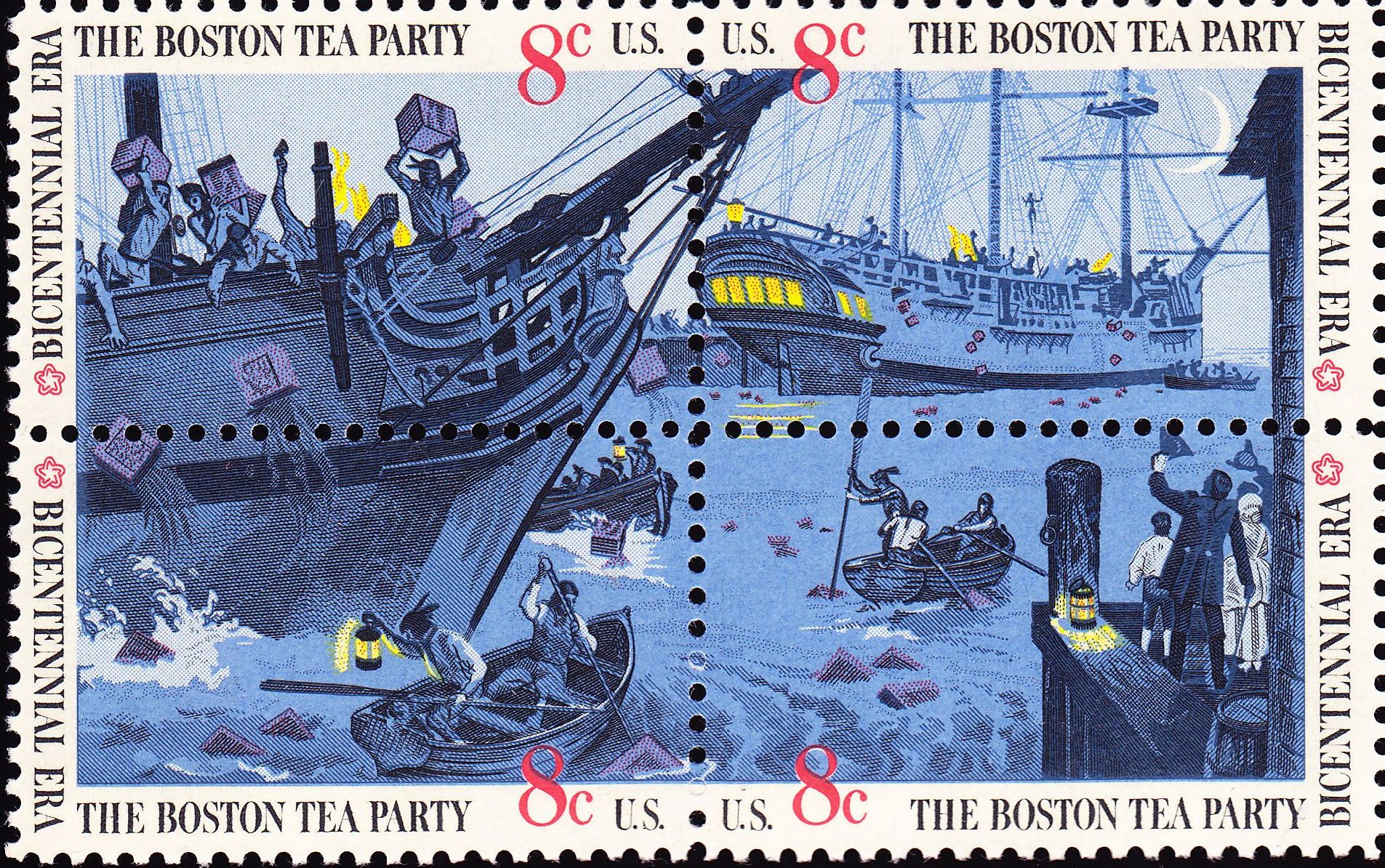
Along with the chicanery came a great deal of creativity. Adams meant not only to unseat Bernard. He repeatedly promised—inaccurately—that the king would replace a governor whom Massachusetts disliked. He meant to rouse a people to their rights; to fold as many as he could into the political process; to forge a common cause; to elevate stout virtue over superficial luxury. Across the board, he deployed the command of detail he had failed to summon for bookkeeping and tax-collecting. As Hutchinson tartly observed: "Mr. Adams's attention to the cause in which he was engaged would not suffer him to neglect even small circumstances which could be made subservient to it."
He ambushed language itself, demoting some institutions and promoting others. He knew that, to alter thinking, one must alter meaning. He renamed the Town House the "State House." The "province laws" became the "laws of the land," the "debates of the Assembly" the "parliamentary debates." He slipped a flippant "both countries" into one petition. Hutchinson found he had no choice but to adopt the neologisms or face fresh abuse. He would object when a 1773 set of House bills appeared in English rather than Latin, demanding they be resubmitted. What was so extraordinary, the House challenged Hutchinson, about plain English? Urging words like "inalienable" and "unconstitutional" into circulation, Adams turned others on their heads. By the late 1760s, a “patriot” was an individual loyal not to the British Empire, but to American rights. And a new entity emerged, which Adams largely juggled into being and for which he regularly spoke: "The body of the people" included even those who had insufficient property to vote at a town meeting. It was an entity to which, complained Hutchinson, “anything with the appearance of a man is admitted without scrutiny." You could call those assemblies whatever you like, he sniffed, but they more resembled a mob than a government. He dismissed them as general meetings of "Tom, Dick, and Harry.”

Along with the vocabulary, Adams exploited the imagery. If Crown officers took to changing the dinner hour in Boston, if an official took to stepping out in a suit of extravagant crimson velvet (the color alone offended the eye; the tailoring would have sustained whole families, reduced to poverty by British taxation), Adams saw to it that the Journal advertised the indignities. He organized celebrations of the first Stamp Act riot, planting August 14 on the calendar to foster a defense of American rights, or, as some viewed it, to immortalize an act of civil disobedience. The 1769 jubilee was especially elaborate. Invitations went to every out-of-towner in Boston, as well as to Crown officers. (They declined.) The summer morning began with fourteen toasts, after which some 350 Sons of Liberty made their rutted way south to Dorchester, where they feasted on barbecued pig at long tables in an open field. Streamers fluttering, a sailcloth awning over their heads, they passed a lively afternoon, punctuated by cannon fire and lubricated by a second series of toasts.
Nowhere could the colonial mood be better read than in those tributes, drawn up the day before. The morning began with a salute to the king and queen, followed by a toast to "America and her brave Sons of Liberty." As Adams stressed to James Warren, an ardent, keen-eyed Plymouth patriot and the Patriot leader James Otis' brother-in-law, even trifling details mattered when it came to the public interest. The revelers toasted the daughters of Liberty; they toasted members of Parliament (though never Parliament itself); they toasted the liberty of the press, the perpetual union of Great Britain and her colonies, and American manufacturing. The forty-fifth and final toast sent a message to the Ministry that had ordered arrests: a cheer went up for hanging those who actually deserved it. An afternoon rainstorm failed to curtail the festivities, as a table malfunction would fail to ruin a subsequent one, though it left half the revelers' laps drenched in gravy, punch, sauce, and marrow.
In 1769, a series of impersonations, performed by a comedian in the group, followed the feast, after which the assembly joined in song. Toward five o'clock, the carriages were brought round and—in a procession that extended nearly a mile and a half, John Hancock leading the way, Samuel Adams just behind—the company clattered to Boston for a tour of the town. Despite the fourteen toasts in the morning and forty-five in the afternoon, the Sons remained, in every account, stone-cold sober. John Adams saw no sign of intoxication, though he did notice how much the affair kept resistance alive. James Otis and Samuel were canny, John felt, in promoting such festivities: "For they tinge the minds of the people, they impregnate them with the sentiments of liberty. They render the people fond of their leaders in the cause, and averse and bitter against all opposers." Conducted with perfect decorum, the anniversary was meant to have as little as possible to do with the day it commemorated.
On August 1, 1769, Governor Francis Bernard quietly boarded the ship that was to carry him to London. There was no formal farewell. He left from Castle William precisely nine years after he had arrived with high hopes for what had seemed an agreeable posting. No sooner was he under sail than cannon boomed. Bells tolled. Flags rippled from housetops and from vessels in the harbor. They fluttered in one direction, then the other; the shifting wind left Bernard stalled several miles from shore, with a prime view of the revelry. As he rode at anchor in the harbor, Samuel Adams helped to hiss him offstage. "Whatever may be his first reception at home," wrote Adams, "impartial history will hang him up as a warning to his successors." All America rejoiced at the departure. Adams seemed to have proved his point; it indeed appeared that the king would recall a governor who displeased the people. The June petition he had drafted requesting that the king spare the colonies from Bernard's return sailed on the same ship.

